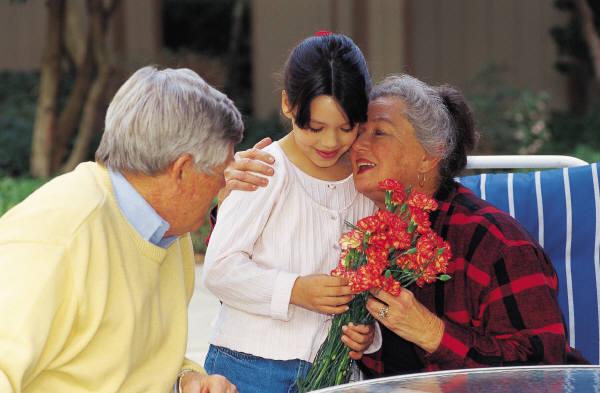“Aging In Place” – How can HOAs address aging communities?
When we think of the challenges of overseeing homeowners associations, we might think of overgrown lawns, late assessment payments, and aggressive pets. But another challenge has been waiting in the wings: the aging of America’s “baby boomer” generation, many of whom are choosing to live out their golden years in their homes. This rising trend is presenting new and unique challenges for Community Associations. It is the wave of the future and the future is now.
The 65-and-over population is growing and growing fast. In fact, by 2030, older adults will account for roughly 20% of the U.S. population. The challenge for HOAs is that unlike generations of the past who were likely to transition into a retirement home or assisted living community, many in the “boomer” community are choosing to stay put in their homes, in many cases well into their nineties. This makes it inevitable that a higher proportion of residents in any given community will face challenges such as loss of strength, coordination, and mental acuity over time, or will be diagnosed with a catastrophic illness. This can create significant legal and safety questions for Community Associations.
The biggest risk to an Association comes when an elderly resident potentially poses a danger to himself or others. For example, an elderly person might be incompetent to drive and yet still choose to drive through a neighborhood full of kids playing and people walking their dogs. Should the Association intervene? Does the Board of Directors have an obligation to do so? Or, if Board members were to check on an elderly resident’s health and welfare by forcing open a door, are they now at risk for legal action? Could failing to intervene result in legal action as well? Ultimately, it might not be the Association’s legal responsibility to make sure residents are competent to drive or to check on residents who have not been seen for several days. Nevertheless, Associations could still incur significant legal expense to defending actions from upset family members or even the elderly resident himself.
Fortunately, there are many proactive steps homeowners associations can take to reduce the Association’s legal exposure while aiming to improve both the safety and daily lives of its aging residents. First, community associations should review all applicable statutes, ordinances and the Association’s governing documents. Each of these might affect what the Association can and cannot do and under what circumstances. The Association’s directors must be clear about the Association’s proper role and must fully understand their responsibilities under the law. Association managers and staff members must also be properly trained and informed of these responsibilities.
Next, HOAs should take a positive, engaged, and service-oriented approach with their residents. This approach would require taking a close look at the existing and future needs of their older residents, with a view toward connecting them with helpful resources. Some larger communities are trending toward establishing weekly shuttles to the grocery store, which could improve transportation safety for the community as a whole. Community Associations can similarly reduce the isolation of older residents by offering them voluntary wellness or telephone checks or promoting socialization through community meals and other events. Associations should collect residents’ emergency contact information before a crisis happens and maintain an up-to-date list of residents with special needs. Current technologies can also be tremendously valuable. One example is a GPS bracelet that some municipalities offer to help families keep track of elderly people who are at risk.
Serving elderly homeowners who have chosen to “age in place” is a challenge that will only continue to grow in condominium associations and homeowners associations. The high cost of institutional care, current economic instability and the smaller families of the “boomer” generation make it more likely that older residents will continue to remain in our communities long into their golden years. Community associations would be well advised to get ahead of this trend. It is here to stay.


